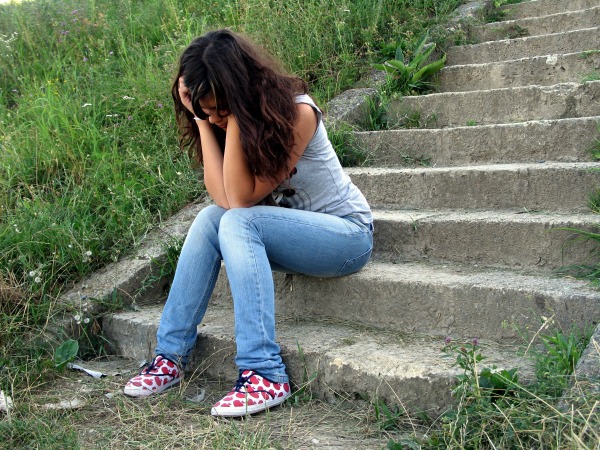It’s winter, and some mornings a cozy bed is the perfect sanctuary. But for those suffering from depression, a bed is less of a retreat and more of a prison.
Depression by the Numbers
I know, because I’ve been there, and so have approximately 8% of Canadian adults who will experience major depression at some point according to the Canadian Mental Health Association (CMHA). The numbers are even higher for Canadian youth aged 12 to 19 – 5% of males and 12% of females have experienced a major depressive episode.
What Depression Is – and Isn’t
Hollywood likes to characterize depression as extreme sadness, but in fact it’s much more complicated than a person not being able to get out of bed. Depression, again according to the Canadian Mental Health Association, is “a combination of symptoms that interfere with a person’s ability to work, sleep, study, eat, and enjoy once-pleasurable activities.” It’s not just a bad day, but a medical condition that has emotional and physical symptoms.
DepressionHurts.ca (another good resource) has a great list of factors that characterize a major depressive episode:
• Symptoms are either new or noticeably worse than before the episode.
• Symptoms must persist for most of the day and nearly every day over two consecutive weeks.
• Symptoms also must be accompanied by significant distress or the inability to function.
Signs and Symptoms of Depression
Depression manifests different ways for different people, and individuals may experience different symptoms from one depressive episode to the next.
Signs and symptoms of depression include:
• Constant sadness, especially with no apparent cause
• Feelings of worthlessness or guilt
• No longer taking pleasure in normally enjoyable activities
• Irritability or restlessness
• Anxiety
• Feeling “empty”
• Unexplained anger, or lasting levels of anger that don’t fit the situation
• Either insomnia or excessive sleep
• Suicidal thoughts, or attempts to take one’s own life
• Low energy or constant fatigue
• Significant weight loss or gain
• Aches, pains, headaches, etc. that do not go away with treatment
• Loss of appetite
• Difficulty focusing or making decisions
Getting Help
Depression is a medical condition that requires help, but the CMHA offers this beacon of hope: getting help for depression can allow 80% of people affected to get back to their regular activities and resume their normal lives. So ask for help. Talk to your doctor, and if you are in crisis call the crisis line at 1-866-966-0991.
And remember this: You aren’t alone.




